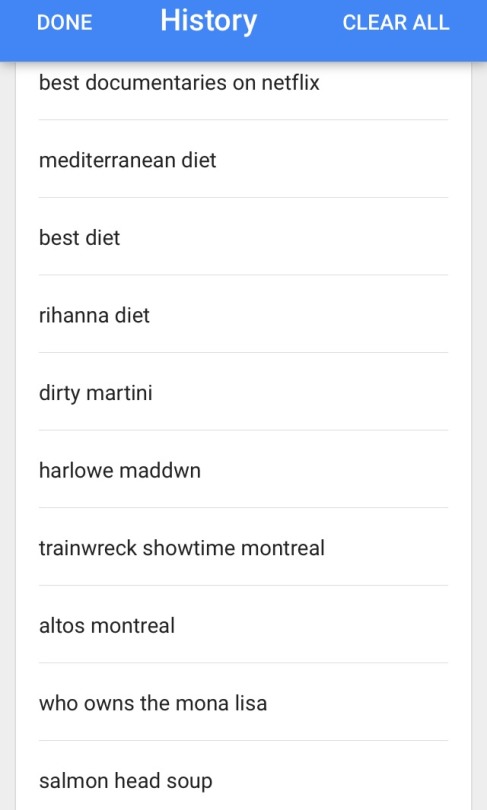 |
| Part of Sext, featured in FKA Mag A quick word with the photographer. |
With features in publications like the New York Times, FKA Mag and i-D Magazine (as well as a spot in photographer Petra Collins' acclaimed art book Babe), 23-year-old Montreal-based artist Madelyne Beckles is a force to be reckoned with. Her work, most of which takes the form of photography or performance art, tackles themes of sexuality, female identity and race through a very personal lens--a framework that she describes as centering upon "performativity of narcissism and self-deprecation."
For TSP's third feature on inspiring women creatives (the first two of which can be found here and here), I sat down for an Instagram DM interview with Beckles to discuss everything from the "trendiness" of feminism today to how she has seen Instagram change the industry.
Q: What does your creative process look like?
My process is a lot of taking in of information, whether it be reading theory or watching reality tv, as soon as I have an idea I just go for it, it's always very gestural as oppose to a lengthy drawn out way of making things.
Q: What has been your favorite piece that you've done to date?
My favourite piece to date is something I just made for a show called "in to you" happening in Austin Texas at atm gallery. It's me making Aunt Jemima pancakes semi-nude listening to Betty Carter and eating them, I called it "internalizing racism."
Q: How do you think platforms like Instagram have altered the art industry?
 |
| c/o @BellHoox |
Q: What would you say the hardest thing about being a female artist is today?
I think as long as we live within a capitalist, hegemonic, homophobic, racist and sexist paradigm, it will always be a struggle for people who are Othered to be heard, seen and compensated. That being said, I think that right now since feminism has become a hot commodity, it's allowing more opportunities for young women, however we have to remain critical about what it implies when feminism becomes sell-able.
Q: What advice do you have for budding female artists?
Do you! Put yourself out there. Fake it till you are it!

